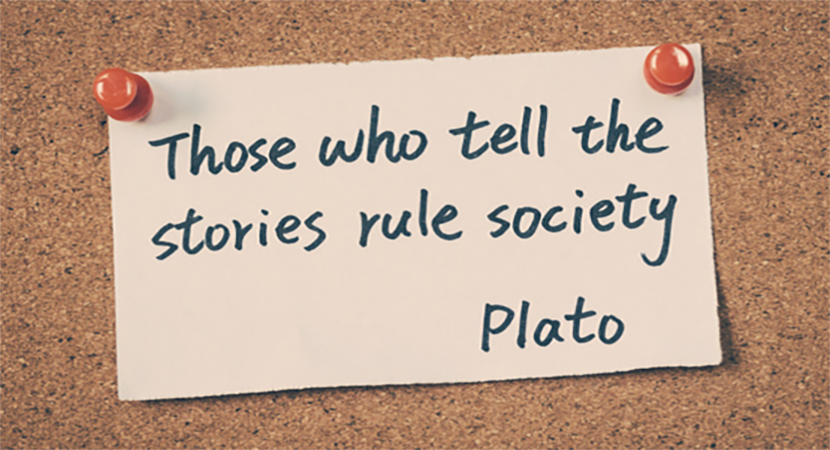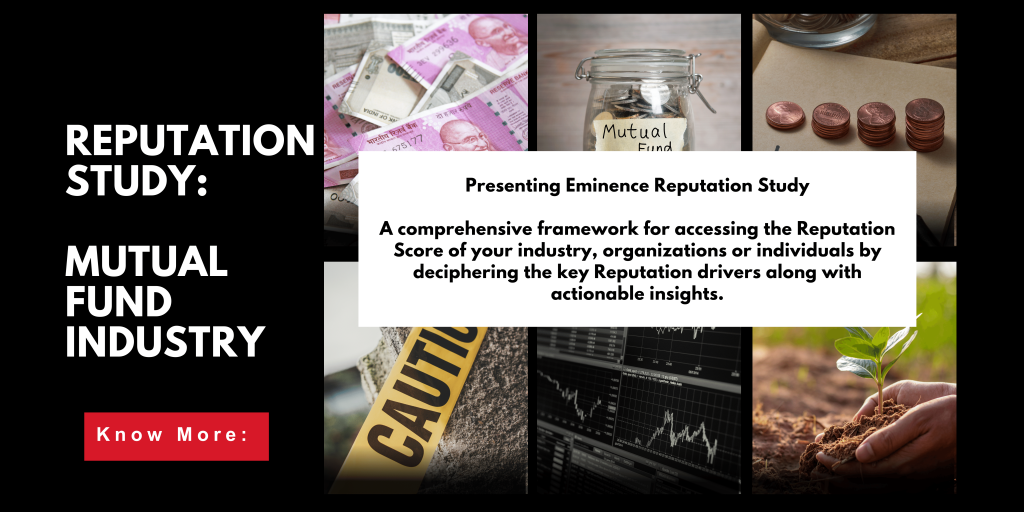
As a young girl, I had to be really coaxed into eating my meals and going to bed on time. My parents would try every trick in the book to persuade me into finishing my food and to sleep on time. My only response was “First, tell me a story”.
A good story had me glued to my place and gave me satisfaction like no other facts about the importance of healthy food or enough sleep did. That is the power of storytelling.
It has enamored us by weaving its magic around us from a very tender age.
How does that happen? There is a perfectly sound scientific reason behind it. Stories activate seven regions of the brain, while data only activates two regions.
This right here is a profound insight into the power of storytelling and why it should be applied for success in the corporate world.
Marketers who understand the human need for stories and the emotional response they elicit can be really successful in establishing lasting relationships. Stories help marketers sell not only the product but create a legacy around a brand which lasts in our memories much longer, just like the childhood stories we heard. They leave an imprint in the target consumers’ minds, which creates a brand loyalty more valuable than any other performance parameter.
The greatest example of the corporate storyteller is the tech giant Apple. The story of Apple is not merely about the great products they make or the excellent user interface of their gadgets. There are a plethora of smartphones and laptops in the market with equally great features. Apple is the story of a company which started out in a garage and the passion of one man who wanted to take it to unimaginable heights. Apart from a great product, Apple has a story that feeds the human craving for connection and has become synonymous with innovation and quality.
Similarly, in the financial services industry, insurance companies do not talk about how they compute the monthly premium; they focus on the benefits an insurance policy will accrue to you and your family in the long run. Or Mutual fund companies do not talk about the process of investment but focus on the financial freedom that investors will enjoy.
By regaling a story you can convey the true power of your product and drive home the message harder. Stories let you convert a sales pitch into a vision, which you share, with your client. The focus here moves from the product to the client’s need, which your product addresses. With the help of storytelling, you can emotionally handhold your audience through the complexities surrounding your product or service. Instead of trying to make sales pitch purely on the basis of complicated facts and figures, base it on real-life benefits and possibilities. Remember, charts do not talk to hearts, stories do.
In fact, the message around national unity that we used to watch on Doordarshan still remains etched in my memory very strongly.
Given the digital cacophony surrounding us, the need for powerful and memorable stories has multiplied. We view and share tens and thousands of links every day and go through a deluge of content as part of our daily routines. What stays in our recall are the powerful stories communicated through memorable visuals. One brand that tops my recall at this moment is Airbnb. This brand is all about choices and flexibility everywhere every time. It talks about travelers expectations and experiences in forms of short stories that connect with people across geographies.
Like this, pick up any successful corporate story and you will find that one core message runs through all their content across all platforms. Google bases all its content on one central idea- their search engine can be used to find almost anything and everything-people, places and answers to the most inconceivable questions. ‘Google it’ is now a legit verb.
That’s the power of storytelling in the corporate world. Have you leveraged it?

